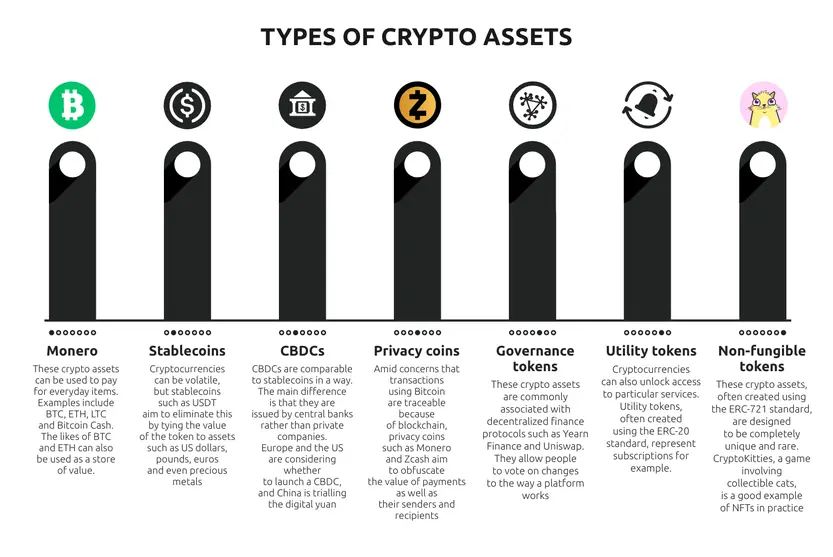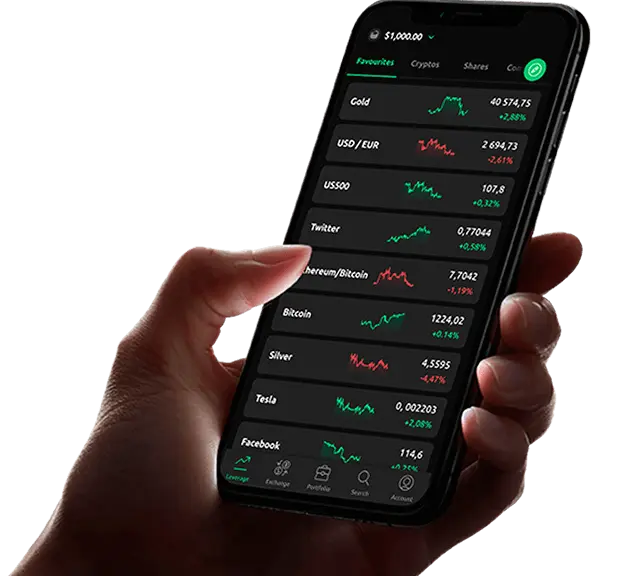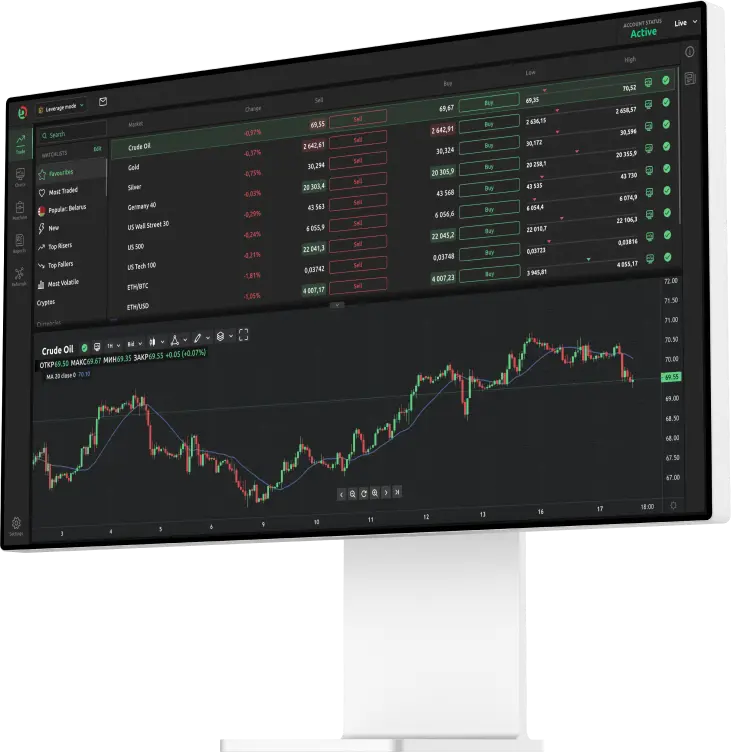What are the main types of crypto assets – and how do they work? Find out everything you need to know in our easy-to-understand guide.

When most people are asked about crypto assets, Bitcoin instinctively comes to mind. While this certainly is the world’s biggest cryptocurrency in terms of market cap, it barely scratches the surface when it comes to the types and numbers of crypto assets out there.
No two crypto-asset definitions are the same. And even though two digital currencies may fall under the same category, they often have wildly different use cases. Here, we provide you with a deep dive into the topic to give you an accurate snapshot of how diverse the crypto asset market is.

How do crypto assets work?
Now that we’ve covered the different types of crypto assets, let’s delve into the issue of “tokenomics”, which refers to how crypto assets are created and distributed.
Some crypto assets have a fixed supply. Bitcoin is a good example of this, as its upper limit of 21 million is being gradually released between now through to 2140. But other prominent coins in the crypto-asset market have no hard cap at all, meaning that a seemingly endless number of tokens can end up entering circulation. This may not always end up being an attractive crypto-asset investment opportunity, as it usually makes it much harder for these coins to appreciate in value. (As an example, more than 50 billion Ripple coins [XRP] are now in circulation.)
The issuance of several crypto assets is determined by blockchain technology. Some networks run on a “proof-of-work” consensus algorithm, meaning that new crypto assets are only released once miners complete complex mathematical puzzles. Others, such as “proof-of-stake”, rely on validators who have a financial interest in ensuring that the blockchain runs smoothly. These validators receive a reward in the form of payment in the crypto each time they add a new block.
In some cases, crypto assets are only generated in response to demand. For example, USDT (Tether) stablecoins are only minted once someone deposits $1 that is held in reserve. These tokens can then be taken out of circulation at a later date if the crypto asset is sold.
At the time of writing, consumers can choose from more than 7,800 crypto assets, meaning it’s important to perform some due diligence about a project before investing your hard-earned cash. And there’s something else on the horizon that could end up complicating matters even further: crypto-asset regulation.
What are crypto assets classified as?
One of the biggest debates going on right now is how crypto assets should be classified. The US Securities and Exchange Commission (SEC) has previously imposed strict fines on some projects because their coins and tokens actually fall under the category of securities.
But beyond this, it’s clear that crypto assets are going to become subject to stricter rules as central banks and governments begin to catch up with this technology.
Crypto-asset exchanges are coming under increasing pressure to ensure they perform ‘Know Your Customer’ checks before allowing people to make transactions, thereby preventing digital currencies from being used for money laundering and the financing of terrorism.
Tax is also shaping up to be one of the big issues of the decade, with the Internal Revenue Service (IRS) and Her Majesty’s Revenue and Customs (HMRC) ramping up efforts to ensure that crypto enthusiasts pay capital gains whenever they sell their coins for a profit.
What does the future hold for crypto assets?
It’s highly likely that new types of cryptocurrencies will emerge in the years to come. Just look at how DeFi burst on to the scene in 2020, prompting a flurry of governance tokens.
What’s really exciting right now is how this decade is shaping up to be the era where mainstream adoption is achieved in a meaningful way. PayPal is gearing up to allow cryptocurrencies to be used for purchases with millions of merchants. China banned Bitcoin, but is rolling out is own digital yuan to its population.
There will be challenges ahead. The whole notion of decentralised finance – which means there isn’t a single person in charge – may not sit well with the strict rules that the European Union (EU) is hoping to introduce.
It also remains to be seen whether central bank digital currencies (CBDCs) can peacefully co-exist alongside cryptocurrencies such as Bitcoin. Given there are concerns that private digital assets like Libra could undermine the financial sovereignty of traditional fiat currencies, there may be greater levels of regulatory pushback over the coming years.
Overall, there’s little doubt that the coronavirus pandemic has transformed our relationship with money forever. Cash was already beginning to lose popularity, but banknotes are now being used even less considering there were largely unfounded concerns they could cause infections such as Covid-19 to spread.
But there are particular benefits cash delivers that cryptocurrencies currently cannot deliver. Many blockchains offer to deliver the scalability that fiat-focused market leaders do, meaning they’re ill-suited to supporting an entire global financial system. And there will also need to be tough conversations around privacy, given how the humble printed banknote delivers anonymity that digital methods simply can’t match.

